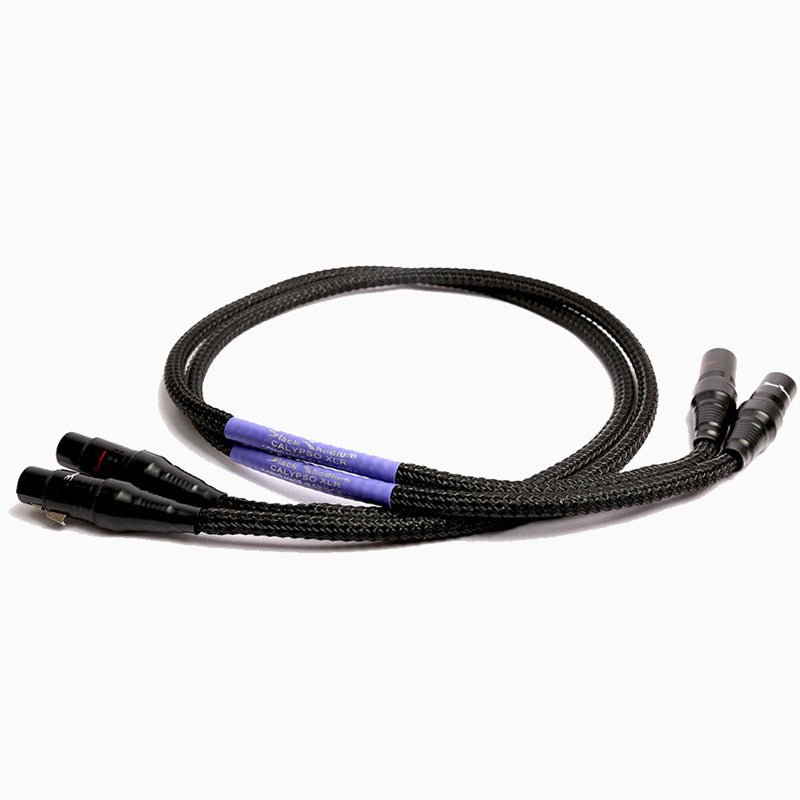In the world of audio connectivity, choosing the right cables is crucial to achieving the best possible sound quality. Two popular options, XLR (balanced) and RCA (unbalanced) cables, often cause confusion among audiophiles. In this blog, we'll delve into the key differences between XLR and RCA cables and explore why an XLR to RCA adapter might not be the best choice for your stereo system.
XLR Cables: The Balanced Connection
XLR cables have long been the go-to choice for professionals in the audio industry. They are designed to transmit balanced signals, where the audio is split into two phases: positive and negative. The XLR connector features three pins, each serving a specific purpose: one for the positive signal, one for the negative signal, and one for the ground (shield).
The balanced nature of XLR cables provides several advantages, such as:
Noise Rejection: By carrying two identical but opposite audio signals, XLR cables are highly resistant to interference and noise, ensuring cleaner audio transmission over long distances.
Long Cable Runs: XLR cables are ideal for long cable runs in professional setups, as their balanced design minimizes signal degradation and loss.
Professional Audio Gear: Many high-end audio components, including microphones, preamps, and studio monitors, feature XLR connections.
RCA Cables: The Unbalanced Connection
On the other hand, RCA cables are unbalanced and widely used in consumer-grade audio equipment. These cables use a single-pin connector for transmitting both the audio signal and the ground. RCA connectors are typically color-coded with red (right channel) and white (left channel) to maintain stereo audio.
While RCA cables are simpler and more cost-effective, they have some limitations:
Noise Susceptibility: Without the balanced signal design, RCA cables are more susceptible to noise and interference, leading to potential audio degradation.
Shorter Distances: RCA cables are suitable for shorter cable runs within home audio setups but may suffer signal loss over extended distances.
Consumer Audio Devices: Many home theater systems, soundbars, and consumer-grade speakers come equipped with RCA connectors.
XLR to RCA Adapters: A Solution or a Compromise?
Given the prevalence of RCA connectors in consumer audio devices, some users may consider using an XLR to RCA adapter to connect their equipment. However, this approach comes with several caveats:
Unbalanced Signal Conversion: An XLR to RCA adapter converts the balanced signal from the XLR cable to an unbalanced one for the RCA connection. This conversion can introduce noise and signal imbalances, defeating the purpose of using XLR cables in the first place.
Potential Signal Degradation: Using an adapter may lead to signal loss and degradation, particularly over longer cable runs.
Adapters as Weak Points: Introducing additional adapters in your audio chain can create weak points, affecting the overall signal integrity and potentially causing audio issues.
Compatibility Concerns: Not all XLR to RCA adapters are created equal. Mismatched impedance and build quality can further degrade the audio signal, leading to an unsatisfactory listening experience.
Avoiding XLR to RCA Adapters: The Best Practice
Whenever possible, it's best to maintain a consistent signal path without resorting to adapters. If your audio equipment predominantly uses RCA connections, stick to high-quality RCA cables that suit your system's needs. On the other hand, if your setup requires XLR connections, opt for devices and cables that support balanced audio for optimal performance.
Choosing the right cables is paramount to achieving exceptional sound quality in your stereo system. XLR cables provide the advantages of balanced audio transmission, noise rejection, and suitability for professional audio gear. RCA cables, while unbalanced, are more common in consumer-grade devices and shorter cable runs.
While it might be tempting to use an XLR to RCA adapter to bridge the gap between these two connector types, it's essential to understand the potential compromises it introduces. These adapters can lead to signal degradation, noise issues, and compatibility concerns, significantly impacting your listening experience.
In conclusion, if your audio components have differing connector types, it's best to consider using high quality dedicated cables or exploring alternative solutions to maintain signal integrity and ensure an immersive audio journey.




Share:
Ruark Audio R410 - A Symphony of Design and Sound
Audiophile Headphone Brands and Headphone Amplifiers